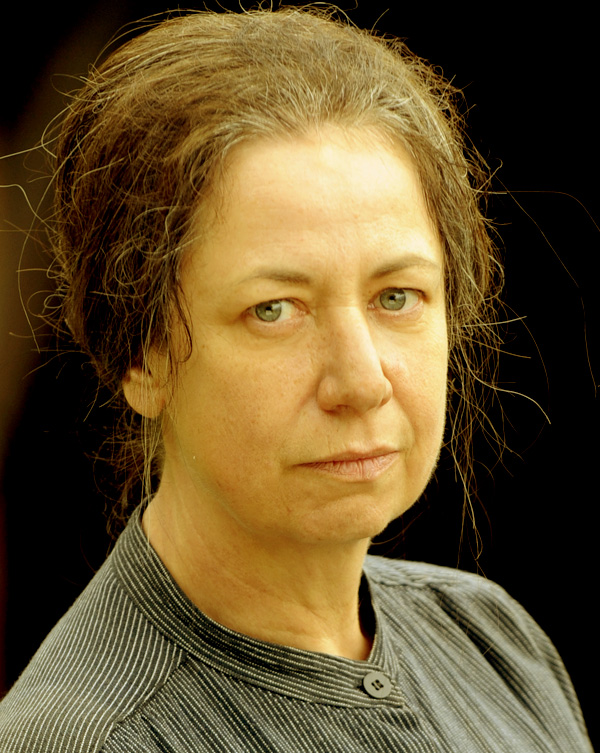Элизабет Фритцль's story is one that has captured global attention, a haunting narrative that intertwines themes of captivity, abuse, and eventual freedom. Her life, marked by unimaginable hardship, serves as a poignant reminder of the strength of the human spirit in the face of adversity. Born into a normal family in Austria, her life took a tragic turn that would irrevocably change her and her family's lives forever.
In 1984, at the tender age of eighteen, Элизабет was kidnapped by her own father, Josef Fritzl, and held captive in a hidden cellar for 24 years. The circumstances surrounding her abduction, the psychological manipulation she endured, and the eventual revelation of her plight shocked the world. The tale of Элизабет Фритцль is not just a story of victimhood but also one of resilience, as she fought for her freedom and reclaimed her life against all odds.
As we delve deeper into her life, we will explore the various dimensions of Элизабет's journey—from her early years to her life after her escape. This article aims to shed light on her experiences, the impact on her psyche, and the broader implications of her story on society's understanding of abuse and recovery.
What Happened in Элизабет Фритцль's Early Life?
Элизабет Фритцль was born on April 18, 1966, in Amstetten, Austria. Growing up in a seemingly typical family, her childhood was marked by the usual ups and downs of adolescence. However, the facade of a normal life shattered when her father, Josef Fritzl, began to exhibit controlling and abusive behavior.
How Did the Kidnapping Take Place?
On August 28, 1984, Элизабет was lured into her father's basement under the pretext of assisting him with a door. Once inside, she was forcibly restrained, and her nightmare began. Josef Fritzl had built a secret underground dungeon, where he kept her isolated from the outside world.
What Were the Conditions of Captivity?
During her 24 years in captivity, Элизабет endured severe physical and emotional abuse. The cellar was dark, damp, and devoid of basic necessities. She had little to no contact with the outside world, which contributed to her psychological trauma. Over the years, Элизабет gave birth to seven children, three of whom were raised by her father, while the others lived with her in captivity.
How Did Элизабет Фритцль Manage to Escape?
Элизабет's escape became a turning point in her life and a significant moment in the public consciousness. In April 2008, her eldest son, who had been raised in captivity, fell ill and required medical attention. Элизабет seized this opportunity to seek help, leading to her eventual escape and the exposure of her father's heinous crimes.
What Were the Legal Consequences for Josef Fritzl?
Following Элизабет's escape, Josef Fritzl was arrested and faced trial for his crimes. In 2009, he was convicted of multiple offenses, including murder, incest, and imprisonment, and was sentenced to life in prison. The trial garnered immense media attention and sparked discussions about the failures of the authorities and societal systems that allowed such atrocities to occur.
What Impact Did Элизабет's Story Have on Society?
The story of Элизабет Фритцль shed light on issues of domestic abuse, mental health, and the importance of awareness in preventing similar situations. It prompted discussions on how society can better support survivors of abuse and the need for systemic changes to protect vulnerable individuals.
What Has Элизабет Фритцль's Life Been Like After Her Escape?
After her escape, Элизабет faced the daunting task of rebuilding her life. With the support of mental health professionals, she began to heal from her traumatic experiences. The path to recovery was not easy, as she grappled with the psychological scars of her past.
How Has Элизабет Used Her Experience to Help Others?
Элизабет Фритцль has become an advocate for victims of abuse, using her story to raise awareness and promote discussions about the importance of support systems for survivors. By sharing her experiences, she hopes to inspire others who have faced similar challenges to seek help and reclaim their lives.
What Can We Learn from Элизабет Фритцль's Journey?
The journey of Элизабет Фритцль serves as a stark reminder of the resilience of the human spirit. It highlights the importance of vigilance in our communities, the need for robust support systems for victims of abuse, and the power of hope and healing. Her story encourages us to listen, believe, and support those who have suffered in silence.
| Personal Details | Bio Data |
|---|---|
| Name | Элизабет Фритцль |
| Date of Birth | April 18, 1966 |
| Place of Birth | Amstetten, Austria |
| Years of Captivity | 1984 - 2008 |
| Children | 7 |
| Father | Josef Fritzl |
| Current Status | Advocate for abuse victims |
In conclusion, the narrative of Элизабет Фритцль is a compelling testament to the human capacity for endurance and recovery. Through her ordeal, she has emerged not only as a survivor but as a beacon of hope for many. Her story underscores the critical need for societal awareness and support for those who have faced unimaginable circumstances.
You Might Also Like
Cindy Penny: The Journey Of A Remarkable TalentUnraveling The Mystery Of Freakmob: A New Wave In Digital Communities
Unveiling The Talents Of Lauren Kutner: A Journey Through Her Life And Career
Remembering Preston Lord: A Life Well Lived
Kyle Long's Wife: A Deep Dive Into Their Life Together
Article Recommendations
- Cristin Milioti Husband
- Noodlemagazin Your Ultimate Guide To The World Of Noodles
- Unraveling The Mystery Does Mark Harmon Have Cancer


